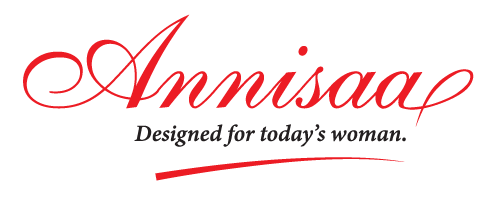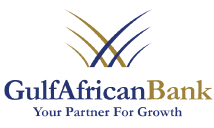Bank welcomes 200 women entrepreneurs to forum on Women’s Empowerment Principles
Written by Banu Khan
Around 200 women entrepreneurs got together with the Gulf African Bank in Mombasa recently to focus on gender equality and inclusivity in supply chains.
The two-day workshop, which was set up with technical and financial support from the United Nations Women Kenya office, came after the bank volunteered to champion one of the United Nations Women’s Empowerment Principles – Implement enterprise development, supply chain and marketing practices that empower women.
The highly successful event, entitled “Meet the Buyer: Promoting gender equality and inclusivity in supply chains” was held on 22 and 23 March 2017. It brought together 200 women-owned businesses (WOBs) and entrepreneurs, identified by GAB, a leading Islamic Bank, through set criteria and mobilized through the bank’s branches in Mombasa County.
Faith Muiruri a business owner said: “A big take home for me from the workshop is that women should be confident and take their space.”
Fairouz A. Salim added: “This is a very big eye opener for me. There are many things that women- owned businesses and others, aspiring to become suppliers, don’t know and have learned today.”
The first day of the workshop focused on awareness-raising about procurement opportunities in the private sector, specifically existing opportunities in the GAB supply chain. It also included a vibrant panel discussion on sourcing from women vendors, with expert speakers from various sectors such as business, tax and audit, trade finance and procurement.
Day two of the workshop was a practical training session aimed at building the procurement readiness of the women suppliers. Participants were taken through the complex process of how to fill out and submit the standard GAB supplier pre-qualification documents.
A key highlight of the workshop included a commitment by Mr. Abdalla Abdul Khalik, the bank’s Managing Director, that it will increase the number of women suppliers from its current level of 4.5 % to at least 20 % by the end of 2017.
Since the Mombasa workshop in March, several participants feel more confident now and have started to apply for tenders both with GAB and other companies, including government entities.
GAB is planning a second forum for WOB in Nairobi in May 2017.
United Nations Women has been engaging with local companies in Kenya to promote Women’s Empowerment Principles (WEPs) for more than three years.
The United Nations Women Kenya country office began by organizing a series of workshops targeting micro, small and medium companies, as well as large ones, from various sectors in Kenya.
The focus of these forums was mainly to introduce the WEPS, what they are and why they matter; how companies can use them to promote gender equality at the workplace, and in the marketplace and community. They also outline how companies can sign up to these principles.
From the first forum in 2013, when two companies signed up (Safaricom and the Central Bank of Kenya), the number of signatories in Kenya has increased significantly. By end of 2016, heads of 14 companies have signed the CEO statement of support and are listed in the global list of signatories – with more requesting details on how to become part of this important global movement.
However, several signatories approached United Nations Women in mid-2016, for additional guidance on how to put the WEPs into practice.
This led to a one-day meeting in October 2016, bringing together senior human resource and corporate relationship personnel from the Kenyan signatories to help them better understand each principle and to share interventions/activities that they are already implementing. And it was at this meeting that GAB volunteered to Champion Principle No 5 and then convene a series of “Meet the Buyer” workshops to create awareness on private sector procurement opportunities for women suppliers.
The signatories include Amiran Kenya, Capital Realtime, Central Bank of Kenya, Cityscape Trends Services Ltd, Coopers (K) Brand Ltd, East African Breweries Ltd, Evensis Ventures Ltd, Gulf Africa Bank, Kenya Commercial Bank, Nairobi Securities Exchange, Rexe Roofing Products, Safaricom, Sketchers Designs, and Technobrain.
The United Nations Women Kenya Country Office tends to focus on micro and small enterprises, because they make up the majority of the country’s businesses. The aim is to enable them to implement the WEPs to ensure a gender equal and equitable environment for their employees, clients and the community at large.

